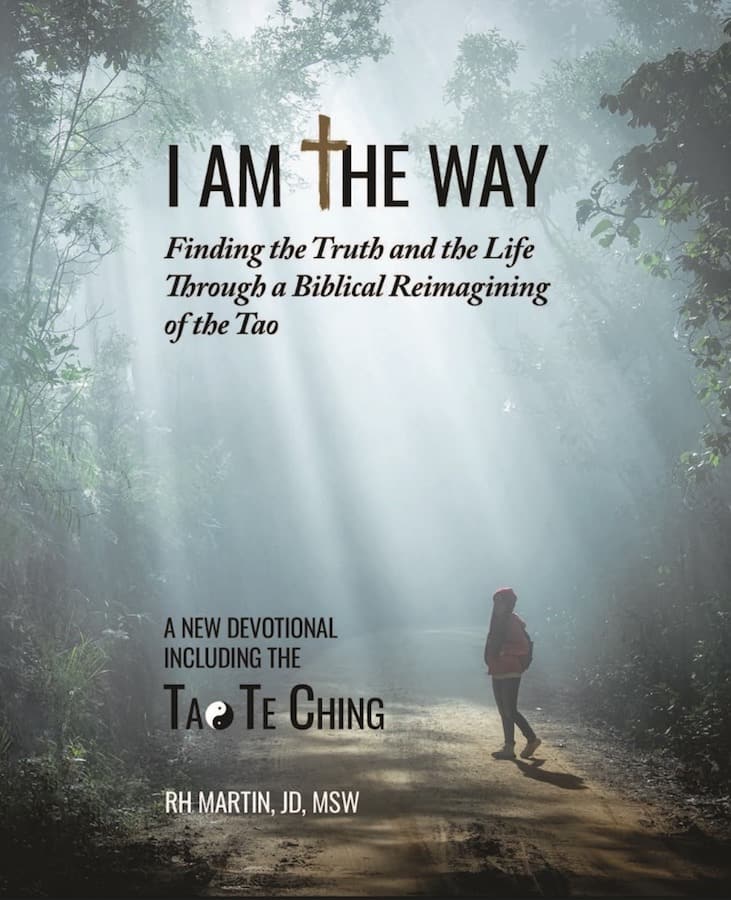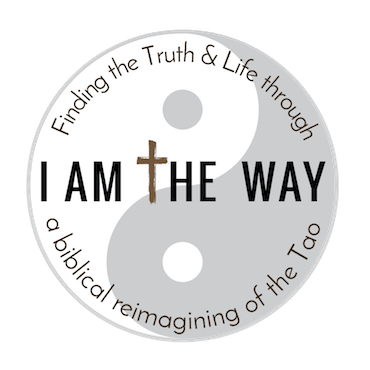In the pursuit of spiritual growth and understanding of a pathway to deepen your Taoist Christian faith, many individuals find themselves drawn to explore various traditions and philosophies beyond their own religious upbringing. While this exploration may initially seem divergent or even contradictory, delving into other spiritual paths can often enrich and deepen one's existing faith journey. One such tradition that holds profound insights into Tao Christianity.
Taoism, rooted in ancient Chinese philosophy and spirituality, offers a unique perspective on the nature of existence, human flourishing, and the interconnectedness of all things. At its core is the concept of the Tao, often translated as "the Way" or "the Path." The Tao Christianity represents the underlying principle and guiding force of the universe to a pathway to deepen your Taoist Christian faith, encompassing both the transcendent and immanent aspects of reality.
For Christian Tao seeking to deepen their faith, embracing Tao Christianity principles can offer valuable insights and practices that complement and enhance their Christian walk. Here are several ways in which Taoism can enrich one's Christian spirituality:
- Embracing Simplicity and Humility: Taoist Christian emphasizes the virtue of simplicity and humility, encouraging individuals to live in harmony with the natural order of the universe. By cultivating a spirit of humility and simplicity, Christians can learn to relinquish ego-driven desires and agendas, opening themselves to the transformative power of God's grace.
- Living in Harmony with Nature: Taoist christian philosophy extols the interconnectedness of all things and encourages reverence for the natural world. By aligning themselves with the rhythms of nature and respecting the sanctity of creation, Christians Tao can deepen their appreciation for God's handiwork and cultivate a sense of stewardship towards the environment.
- Practicing Wu Wei (Effortless Action): Wu Wei, often translated as "effortless action" or "non-doing," is a central tenet of Taoist ethics. It advocates for a mode of being characterized by spontaneity, intuition, and flow, rather than striving and exertion. By embodying the principle of Wu Wei, Christians can learn to surrender to the guidance of the Holy Spirit and trust in God's providence, allowing divine grace to work through them.
- Embracing Paradox and Mystery: Taoism embraces paradox and mystery as fundamental aspects of reality, recognizing the limitations of human understanding and language in grasping the ineffable nature of the divine. By embracing paradox and mystery, Christian tao can cultivate a posture of openness, curiosity, and wonder towards the mysteries of faith, allowing them to encounter God in unexpected ways.
- Cultivating Inner Peace and Stillness: Taoist meditation practices, such as qigong and Tai Chi, emphasize the cultivation of inner peace, stillness, and mindfulness. By incorporating these practices into their spiritual disciplines, Christians can quiet their minds, centre their hearts, and create space for encountering the presence of God in the depths of their being.
- Embodying Compassion and Non-Attachment: Taoism teaches compassion towards all beings and advocates for non-attachment to worldly desires and possessions. By cultivating a compassionate heart and letting go of attachments, Christian Tao can embody the love and generosity of Christ, extending grace and mercy to others without seeking recognition or reward.
In conclusion, while Tao Christianity may appear distinct on the surface, they share common themes and principles that can enrich and pathway to deepen your Christian faith and spiritual journey. By embracing the wisdom of Taoism, Christians can cultivate humility, simplicity, harmony, and compassion, ultimately drawing closer to the heart of God and embodying the transformative love of Christ in the world. As the apostle Paul writes in Romans 11:36, "For from him and through him and to him are all things. To him be the glory forever. Amen."



